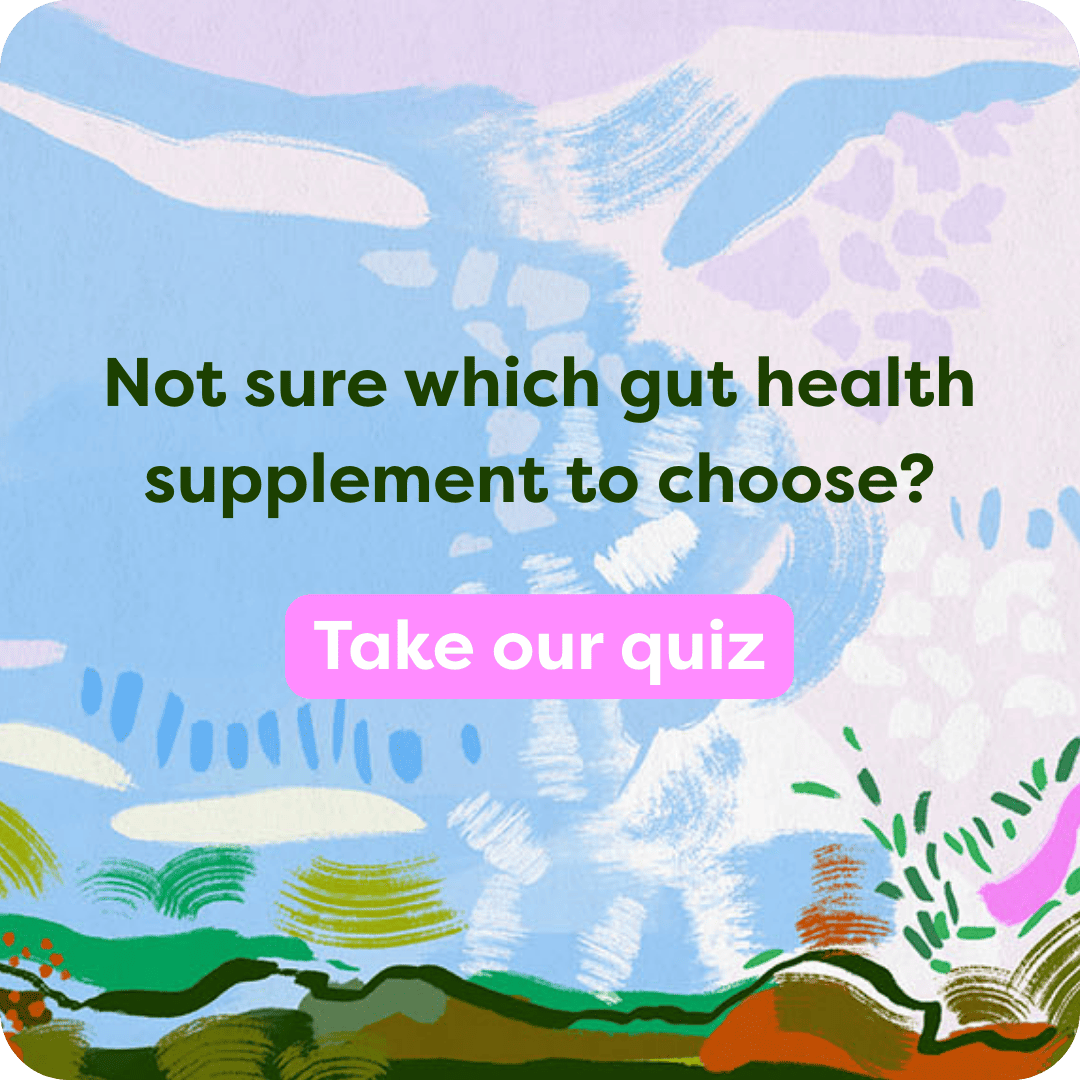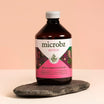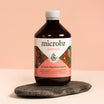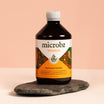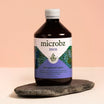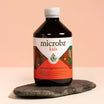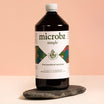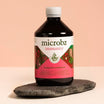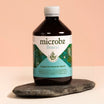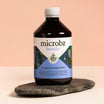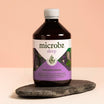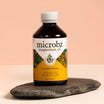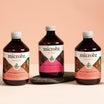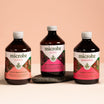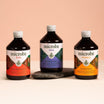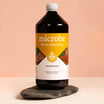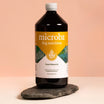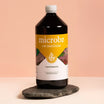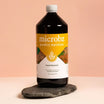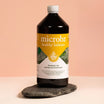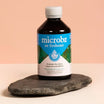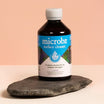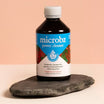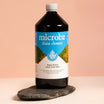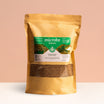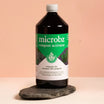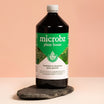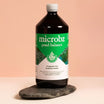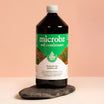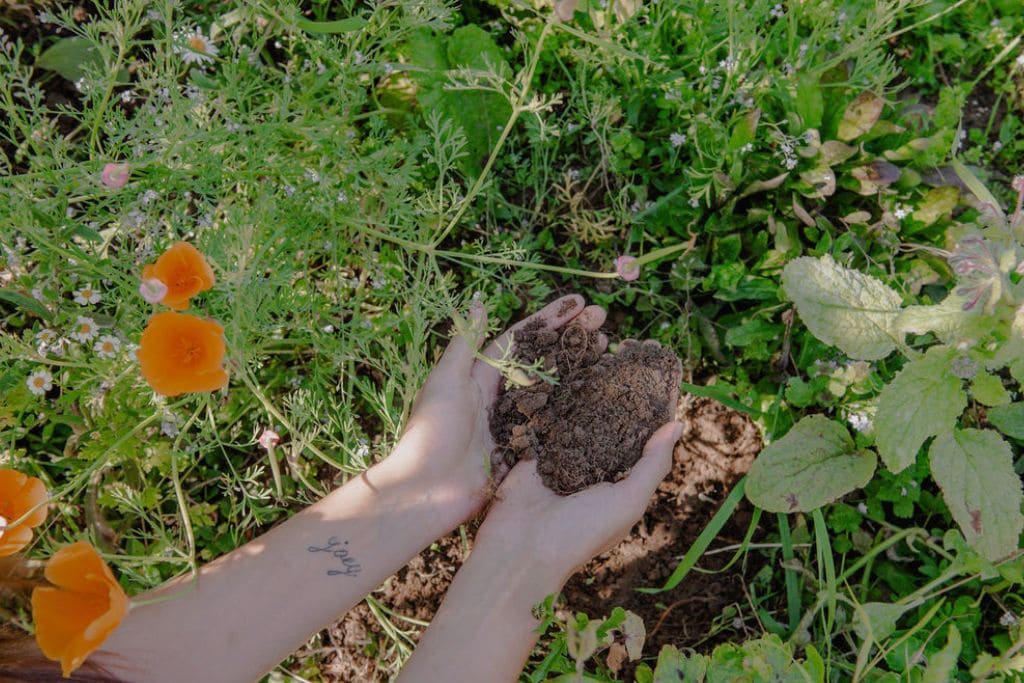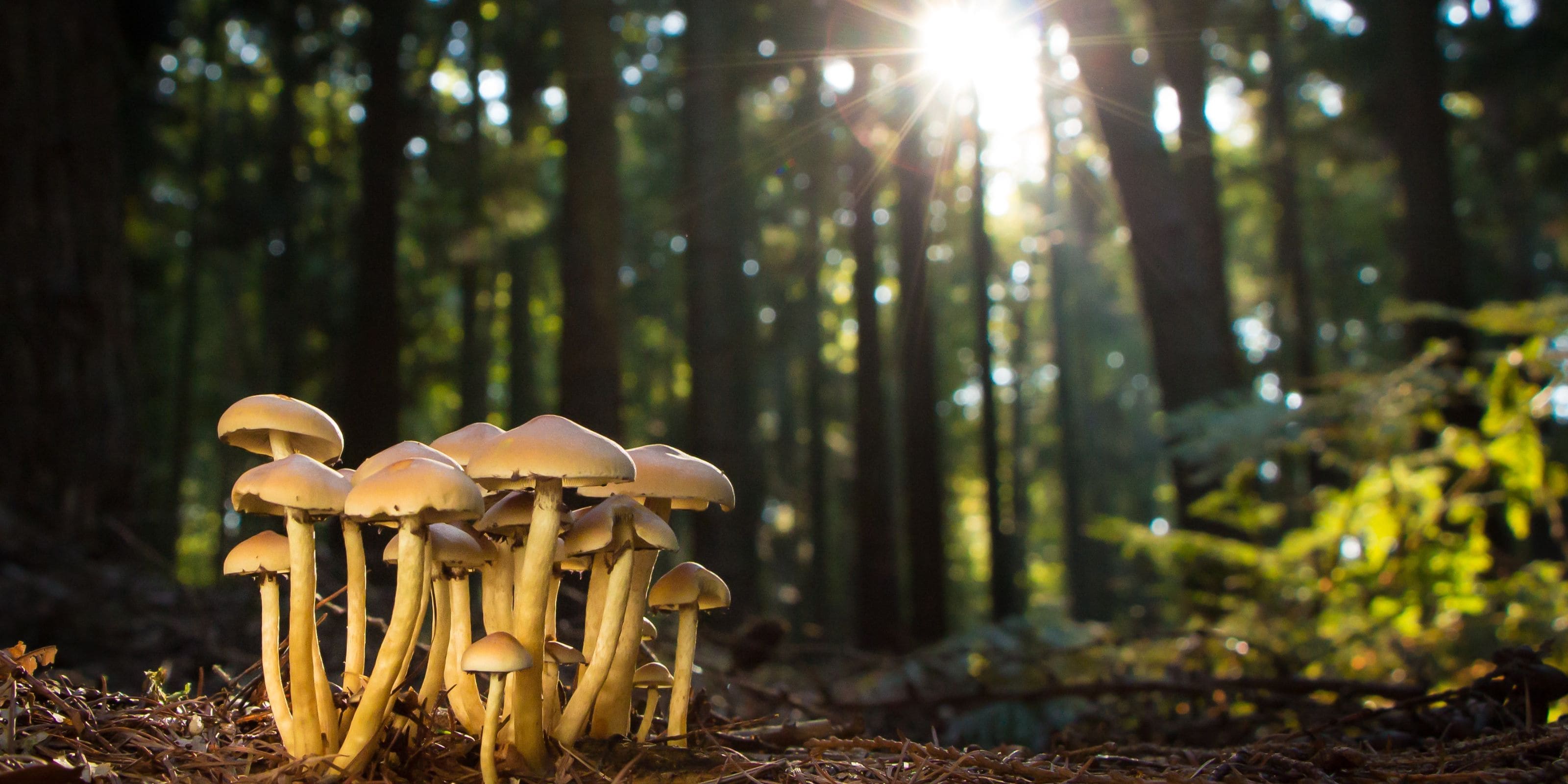Let’s be honest. The world of probiotics is like the wild west! There are a lot of companies (us included, it’s true!) with different products, all telling you that their product is the best. It is hard to know which ones to buy and why.
Are all probiotics the same? No!
Now that we know so much about just how many health issues are impacted by the gut the next question is, which probiotic is the best?
We are going to outline in this blog why soil-based probiotics are a cut above the rest.
- Why are soil-based probiotics better?
- Soil based probiotics are harvested from nature
- Soil-based probiotics are safe
- Soil-based probiotics contain many different strains of microbes
- Soil-based probiotics are liquid
- Soil-based probiotics can be fermented
- Soil-based probiotics can be mixed with botanicals and herbs
Why are soil based organism probiotics better?
These are six reasons why a soil-based probiotic (SBO) is better for your gut health:
Soil-based probiotics are:
- alive (if they are liquid, not dehydrated into a pill or powder)
- harvested from nature which has evolved side by side with us humans
- contain many different strains of microbes
- able to pass through without triggering stomach acids because they are liquid
- fermented which gives added benefits for gut health
- often combined with botanicals and herbs
Biodiversity is key to health and resilience. A multi-strain soil based probiotic gives you the best chance of addressing a health issue such as IBS because that vast community of billions of different kinds of microorganisms will be able to work collaboratively to rebalance the inflammation in your microbiome - naturally.
Soil based probiotics are harvested from nature
So what are SBOs? Healthy soil is teeming with microscopic life. Bacteria species such as Bacillus, Lactobacillus, Saccharomyces, and countless other families communicate through complex networks to help plants grow strong and nutritious.
Research shows that soil-based probiotics also help human digestive health and immunity. And amazingly, unlike other types of probiotics, they appear to colonise the digestive tract.
In the 19 century Louis Pasteur discovered antibiotics. His work undoubtedly saved lives and still does to this day. However, in our enthusiasm we started killing germs everywhere, unaware that it is these brilliant little microbes that underpin our very health and existence. In killing so many big bad microbes a lot of crucial microbes were also extinguished.
Now, in the present day and from a different perspective we can see that there is more to the story than we knew then.
But we still only know part of the picture.
There is more and more research to show that microbes are essential to health but there are many families of microbes that we still haven’t found and categorised and understood. Microbes work symbiotically together in communities, and this is another area we don’t fully understand.
So, what is stopping us making the same mistake as Pasteur? We are making microbes in a lab and thinking that we can manipulate them, but our current understanding may be outdated in 100 years.
We all came from the microbes in nature. This is how we have evolved. When we humans lived outside, we were much closer to this diverse ecosystem and much healthier. Surely we can trust the communities of microbes in nature more than we trust a man in a lab to decide what is healthy or unhealthy?

Soil-based probiotics are safe
Most probiotics that you buy on the shelf are in tablet form. The microorganisms in these, which you want to be in your gut and intestines, are asleep. In the process of digestion, the theory is that the microbes are woken up but this is rarely the case. Also, preservatives and fillers are often added when microorganisms are put into powders or pills.
Soil-based organisms are alive. They come from the soil, are fermented and then bottled and sent out to you. You take them in liquid form in the morning on an empty stomach.
SBOs are overwhelmingly beneficial when they have been harvested from uncontaminated soil, processed in a good manufacturing environment and regularly tested.
Soil-based probiotics contain many different strains of microbes
Nature is hugely diverse and the microbes that are harvested from soil contain many different strains. This biodiversity is vital. It’s the variety of life forms within an ecosystem that creates thriving communities of microorganisms, plants, animals, and fungi. The interplay between organisms allows for thriving rain forests, oceans, deserts, and so on. And this is also true within your gastrointestinal system. Your gut health relies upon a diversity of species living in you, each offering symbiotic and beneficial effects for you, the host.
It is now well known that it is not the colony-forming unit (CFU) count – the number of beneficial microbes in a probiotic - that is so important to health but the number of different strains. This diversity of strains supports different aspects of gut health.
When you’re looking for a probiotic look for strains as well as CFU counts. In one meta-analysis of 38 randomized controlled trials, researchers concluded that a mix of bacterial species were more effective than single-species probiotics for the treatment of inflammatory bowel disease (IBD).
Soil-based probiotics are liquid
Liquid probiotics are better absorbed by the body and do not trigger digestion as they pass through the stomach. The microorganisms are active and alive; they arrive in the gut ready to rebalance the gut ecosystem, soothe inflammation, boost immunity and deliver vital nutrients.
Soil-based probiotics can be fermented
The benefits of fermentation are multiple; it:
- increases the number of microbes in the probiotic
- boosts vitamin C, Iron and Zinc and so if these are added to the probiotics then they can be increased in fermentation
- breaks down and destroys antinutrients
- supports antioxidants which support healthy cells
- increases Bifidobacterium longum which has been proven to reduce anxiety and depression
- increases Lactobacillus rhamnosus which has been shown in some studies to aid weight loss and reduce belly fat
Soil-based probiotics can be mixed with botanicals and herbs
It is the microbes in the gut that take the nutrients from food or supplements and deliver them across the gut lining to be made into amino acids and other building blocks of the body. If you don’t have a diverse and well populated microbiome then you won’t be able to absorb the nutrients from the foods or supplements that you eat.
If you do have a good microbiome then the nutrients and supplements will be more bio-available for your body to absorb through a healthy gut lining.
Probiotics that are mixed with traditional medicinal herbs give the microbes extra micronutrients to absorb into the body and deliver to where they are needed for your health.


